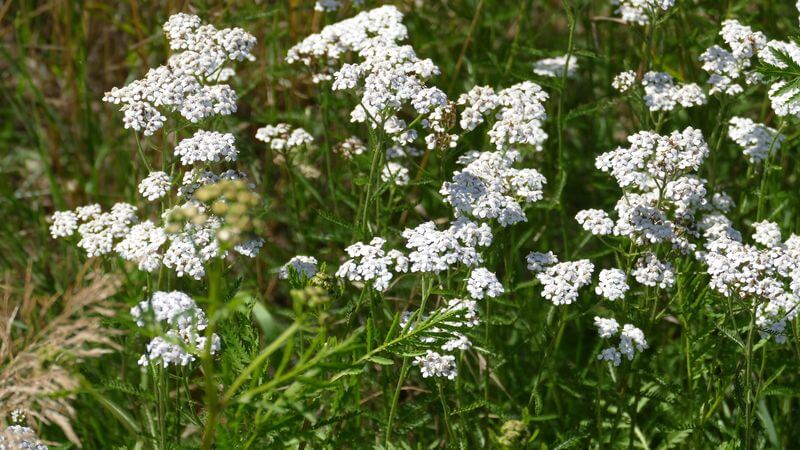Like with trees and shrubs, there is no such thing as a completely deer-proof perennial, as deer will eat almost any vegetation if they are hungry enough. However, some perennials are considered to be less palatable to deer or have physical characteristics that make them less attractive to browse. Here are a few examples of perennials that are considered to be deer-resistant:
Daffodils: Daffodils have a bitter taste that deer typically avoid.
Salvia: Salvias have an unappealing taste and scent for deer.
Alliums: The onion-like scent of alliums can be unappealing to deer.
Iris: Irises have a tough texture that deer typically avoid.
Peonies: Peonies have a woody texture and a thick, tough stem that make them less palatable to deer.
Perennial Geraniums: These flowers have hairy leaves and stems that can make them less palatable to deer.
Lamb's Ear: The fuzzy texture and pungent aroma of Lamb's Ear make it less palatable to deer.
Daylilies: Daylilies have a tough texture and an unappealing taste for deer.
Yarrow: Yarrow has a strong aroma that can deter deer browsing, it also has a bitter taste that they don't like
Artemisia: Some species of artemisia have a strong scent that is unappealing to deer.
It's worth noting again, that deer populations and preferences can vary depending on the region and the availability of food. Additionally, in an area where food sources are scarce, deer may browse on plants that are typically considered to be deer-resistant. Additionally, it's important to keep in mind that a deer-resistant plant can still be damaged if the deer population is particularly high. Even if a perennial is considered deer-resistant it's best to use a combination of methods like fencing, repellents, and using a variety of plants to increase the effectiveness

